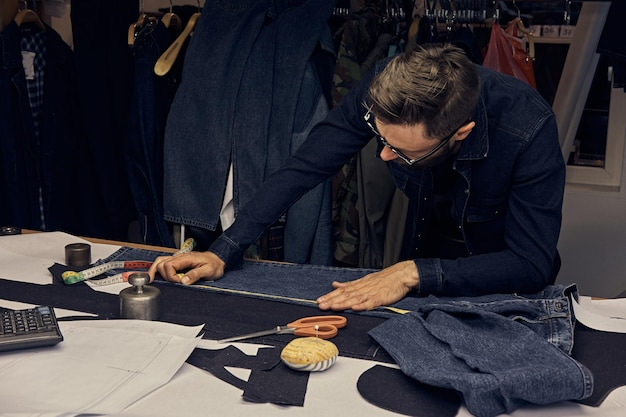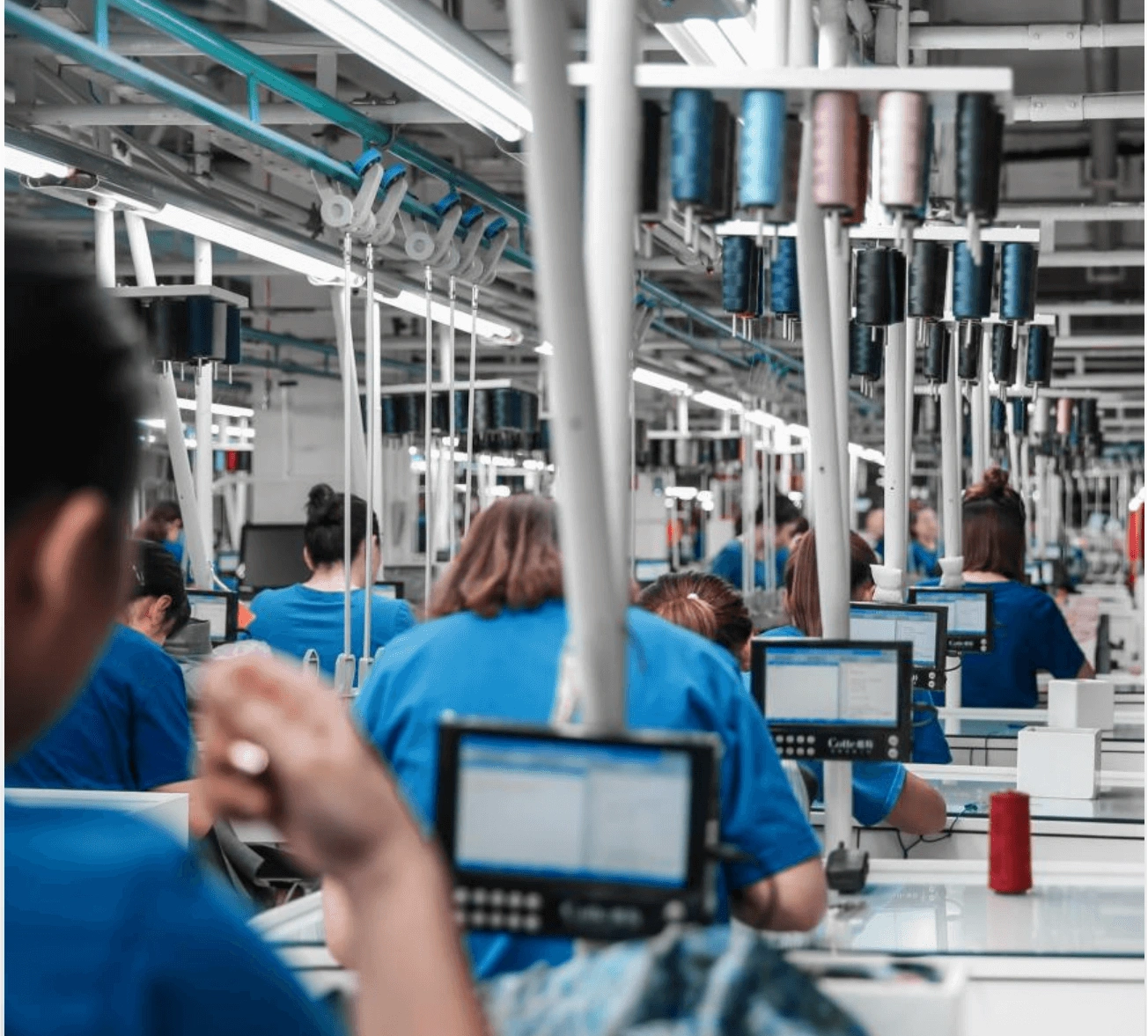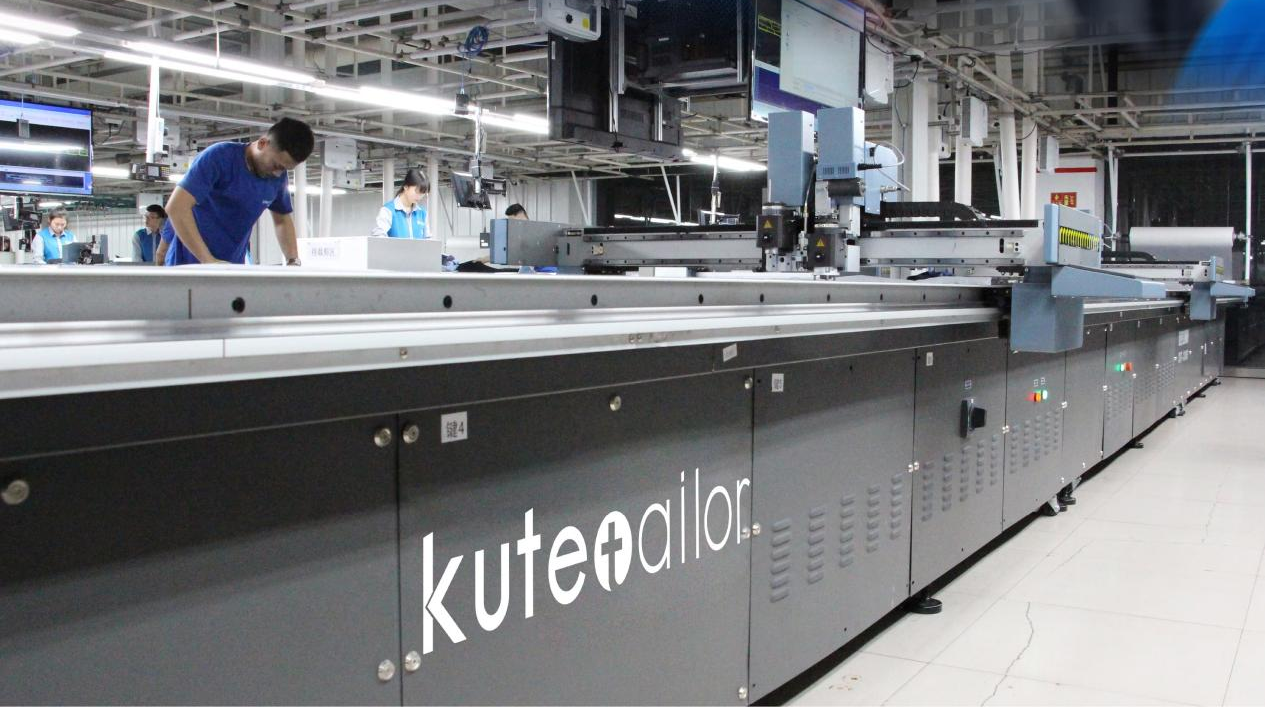
When businesses are after finding tailored suits for employees, executives, or corporate events, among the very first things to consider is the timeline. How long does it take to tailor a suit, especially in the instance of bigger orders or very bespoke designs? This guide details some of the key factors that usually influence the timeframe for customized business suits, common delays to look out for, and gives some tips that will ensure suits are delivered on time without sacrificing quality.
Several variables impact how long it takes to tailor a custom suit, especially for corporate or business purposes. From the size of the order to the fabric chosen, understanding these factors can help you better plan your timeline and avoid delays.
The total number of suits ordered automatically affects the turn-around time. A few orders for a handful of executives will be quicker in time compared to ordering wholesale for an entire department or staff. Also, the more customization that is ordered-like custom measurements, special lining, custom embroidery, or alterations-automatically extends the production process.
Bulk corporate orders are often tailored to each individual. This heightens the time that is taken during initial measurement and fitting. Companies that require detailed specifications, like color linings, personalized monograms, or a certain pattern of fabric, would take more time since all such factors take more time to avail and prepare.
Not all fabrics are in stock, and many high-end or rare materials are specially ordered, delaying production. Production time is significantly shortened with in-stock fabrics, while custom or specialty fabrics will extend this time due to ordering and processing. If your fabric is rare or foreign, it may take a bit more time to acquire it, especially if it is in demand or out of season.
Fabric selection also affects production speed. For instance, heavier fabrics such as wool might take longer to work with due to the more detailed craftsmanship required, whereas lightweight fabrics like cotton or linen may speed up the production process. Consulting with your custom suit provider can help you select fabrics that balance your company’s style goals and delivery deadlines.
The production capacity of the tailoring shop influences turnaround time a great deal: during peak seasons, such as wedding months, holidays, or major business events, more orders will be processed in the production lines, which can result in delays. Tailoring shops usually work on big, high-stakes orders first, slowing down the production process for those little businesses or those who wait until the last minute to place their order.
This makes it essential to consider the time of year when placing your order, as busy periods can increase wait times. Working with a manufacturer like Kutetailor, which has the production infrastructure to manage bulk orders even during peak times, can help reduce the risk of delays.

The typical timeline for custom business suits can vary depending on the processes involved. Here's a general breakdown of what to expect at each phase:
Consultation and measurement come first. This phase usually takes 1-2 weeks. It involves discussing design preferences, fabric options, and taking precise body measurements for each individual. This might take a little longer if there are bulk orders, depending on the number of people to be fitted.
At this stage, clients can specify their requirements concerning branding, corporate colors, or other aspects of suit design representing company image. They are also allowed to choose the style they want between a bespoke formal suit and a custom Smart Casual suit. Accuracy in measurement is an important factor at this stage of the process in order to avoid delays in the latter stages of the process, as a mismeasurement in the first stage may require repeated adjustments in the second or final stage.
Confirming design and selecting fabrics usually takes an extra week after the measurements are taken. Confirmation of final suit designs and fabrics is made in this period, with the order passed to the tailoring team.
This is where everything should fall in place, from pocket designs to styles of lapels and even embroidery, if the customer requires it. Any last-minute changes in this phase may extend the turnarounds, so it's better to iron out all decisions early.
The production follows the confirmation. For custom-made business suits, production can take anywhere from 3-6 weeks, depending on the complexity and the number of suits in the order. Once the suits are produced, they undergo a strict quality control process to ensure they meet the desired standards. This process ensures consistency in stitching, fit, and design across all suits in bulk orders.
Businesses that order a large number of suits for events or employees should also allow more time in this stage, considering that the bespoke might have complex hand stitching or detailed construction.
After production, final fittings are scheduled to ensure the suits fit perfectly. Minor adjustments may be needed, which could take an additional week. When the final fittings are done, the suits are made ready for delivery.
For corporate clients, it’s important to schedule this fitting phase early enough to ensure that final adjustments don’t interfere with your company’s timelines. If multiple employees require fittings, coordinating these schedules in advance is essential.

The type of customization you choose will impact the turnaround time. Below is a comparison between the timeframe for Made-to-Measure men's suits and bespoke men's suits:
• Made-to-Measure (MTM):
MTM suits are based on pre-existing templates that are adjusted to fit individual measurements. At this option, one can make it custom; it would take less time since the general pattern has already been made.
• Bespoke:
Bespoke suits are completely made from scratch; thus, these are the most personalized. Everything about the suit, from the pattern to the fabric, is individually drafted for the customer. Because of this, bespoke suits take much longer to make.
• Made-to-Measure: A typical turn-around is 4-6 weeks.
• Bespoke: Due to the detailed craftsmanship involved, bespoke suits can take 8-12 weeks or longer, especially for large or complex orders.
Custom suits ordered in bulk will take a different timeline from that of an individual order. Here's what businesses should expect:
For bulk corporate orders, the average turnaround time ranges from 6-10 weeks, depending on the size of the order and the complexity of the designs. Bulk orders need extra time for coordination, taking measurements, and production.
Most tailor-made suit houses will offer a rush option for those businesses that require suits more quickly. This does cost extra, though. Businesses can also help expedite the design process by choosing in-stock fabrics and simplifying design options.

To ensure your custom business suits are delivered on time, here are some tips to streamline the process:
The best way to avoid delays is to plan ahead, especially for large orders or events like corporate retreats, conferences, or year-end functions. Allow ample time for the completion of an order by well-in-advance consulting and measurement.
In-stock fabrics can save quite a bit regarding turnaround time. With easily accessible materials, your business will not have to go through downtime because of a lack of inventory in fabric or shipping times required for special materials.
Clear and consistent communication with your tailoring team is essential for staying on schedule. Quickly respond to confirm your design specifications. Ensure timely approval of your fabric choices and that all your measurements are sent in promptly.
Even with the best of efforts, delays could still happen, and here are some common causes of delays and how businesses can avoid them:
Some fabrics or materials might not be in stock temporarily. This could delay production. Choosing other types of materials or selecting only in-stock fabrics can help avoid this problem.
Changing the design in the middle of production will highly hinder the process. All details of the design should be nailed during the consultation phase to avoid changes in the middle of production.
Tailoring shops usually have a long waiting time during holidays or wedding seasons. To avoid this, try to place orders in the off-peak period or give extra time for production if you order in peak season.

When it comes to large corporate orders for custom suits, choosing a reliable manufacturer like Kutetailor can make all the difference. With streamlined production processes and years of expertise, Kutetailor ensures that your custom business suits are delivered on time without compromising on quality. For businesses, planning ahead and maintaining open communication are essential to meeting deadlines. Contact Kutetailor today and let us discuss how we can meet your corporate custom suit needs precisely, professionally, and effectively.